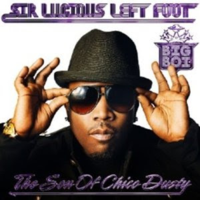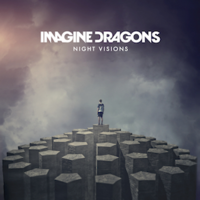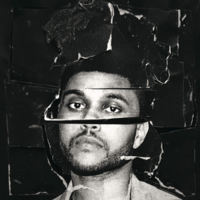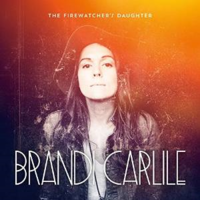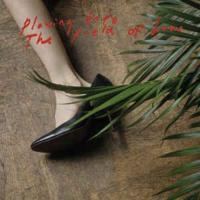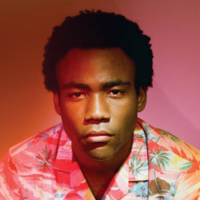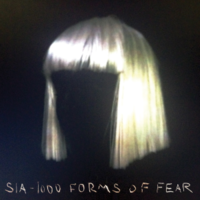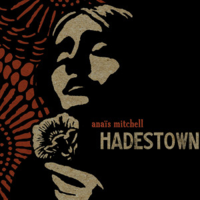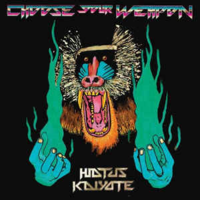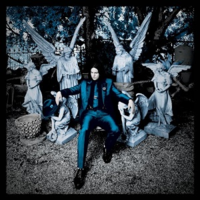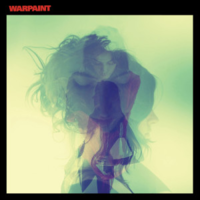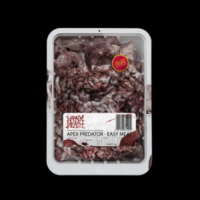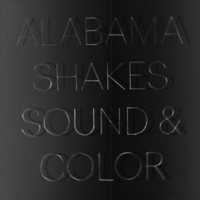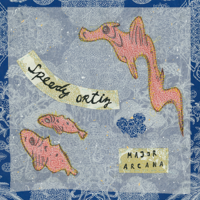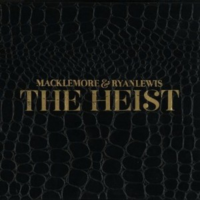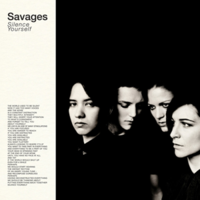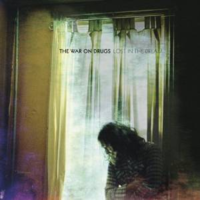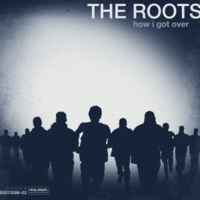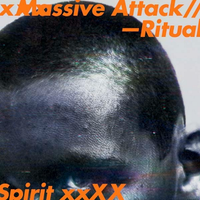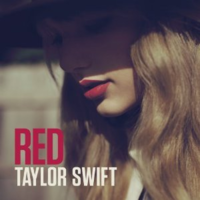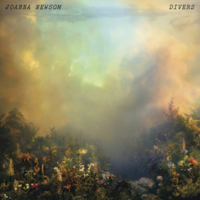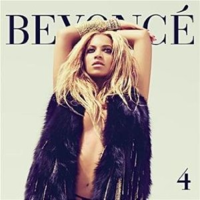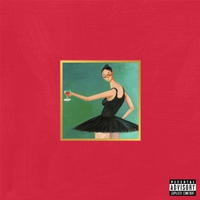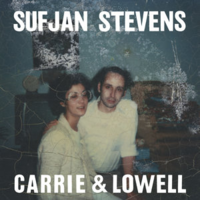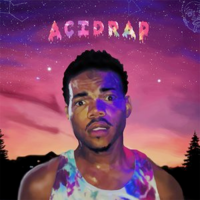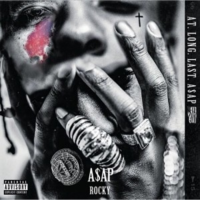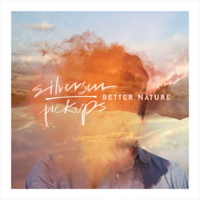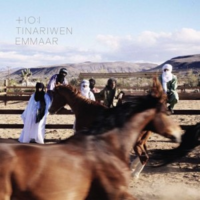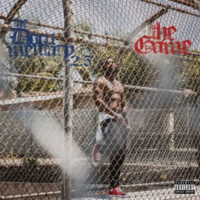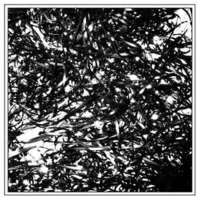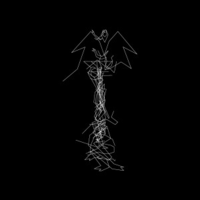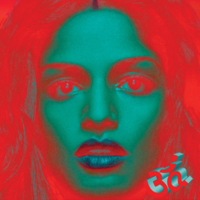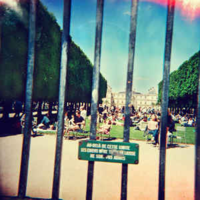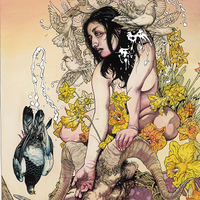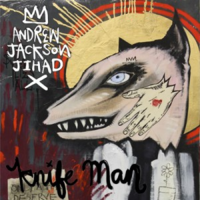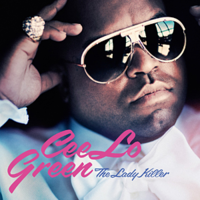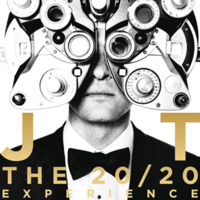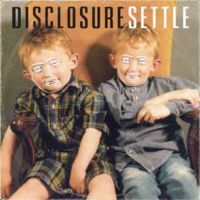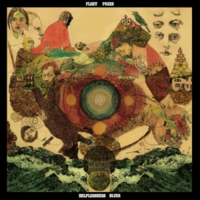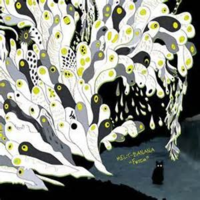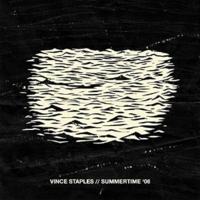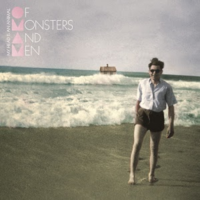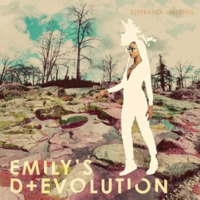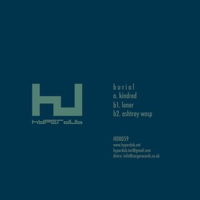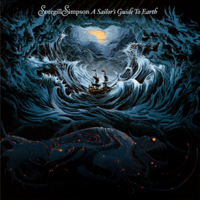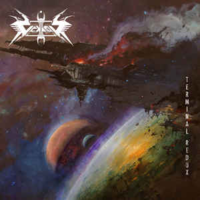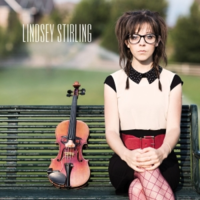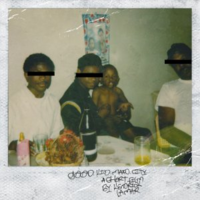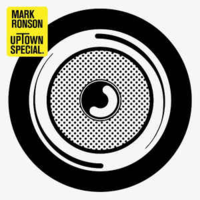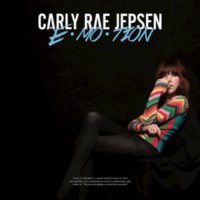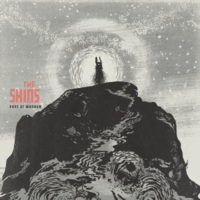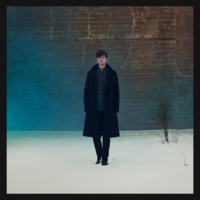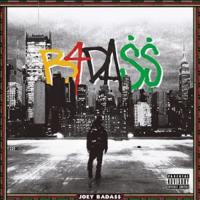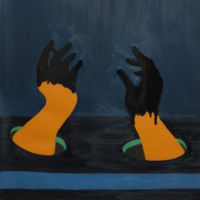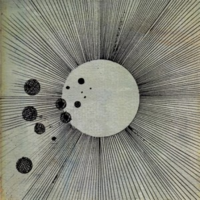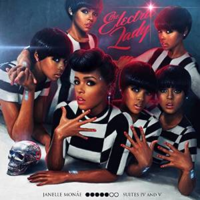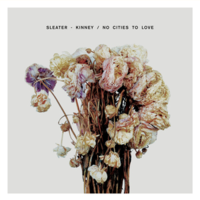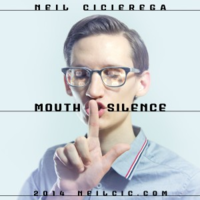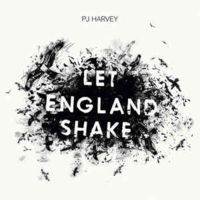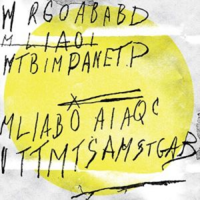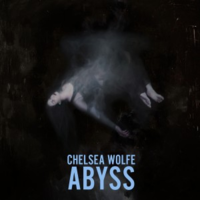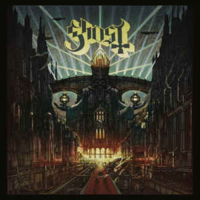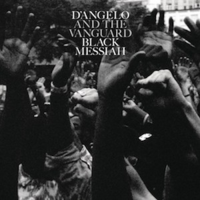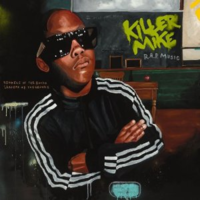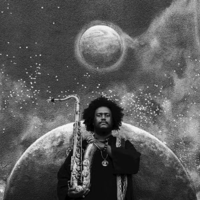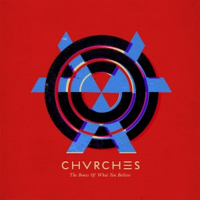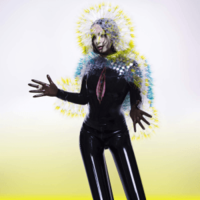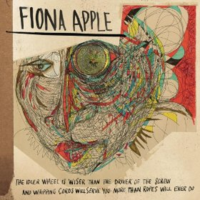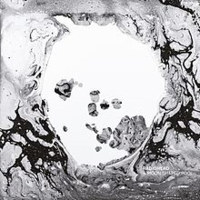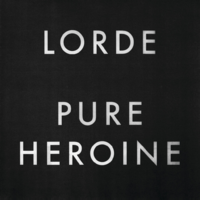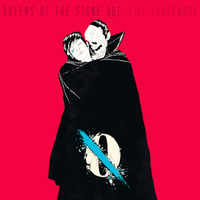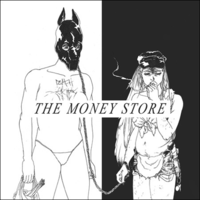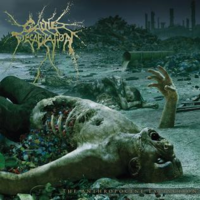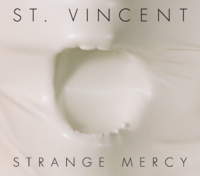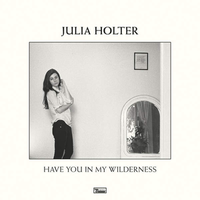
|
Julia Holter
|
Julia Holter instantly captured my heart with this album... she is not a human, but an ethereal spirit that has somehow reached our plane to deliver unto us the most beautiful music imaginable. Holter has absolutely perfected the style of perky, layered classical-infused dream pop, and nowhere did this leap out to me like "Silhouette" did. A humble little track about two sisters awaiting for their lover to return to them after a cruelly long absence... the same lover, much to their dismay, painting a narrative of obsession and disappointment that contrasts beautifully with the serene instrumentation. String arrangements sweep across the relaxed double bass rhythm, and as the track progresses ever further, the strings and sweeping ambient synths began escalating louder and louder, reaching a crescendo worthy of the baroque greats themselves. If the Garden of Eden has a theme song, this would be it.
|

|
| Silhouette
|
| Have You in My Wilderness
|
 United States United States
|
This song really is otherworldly, somehow completely absent of flaws despite its risky structure — a paragon for the beauty in imperfection. The stumbling drum patterns are highly unusual for a pop setting, but could easily be representing the dishonest lover's missteps in his relationships with the two sisters; somehow the complex rhythm is not at all pretentious, but rather shy instead. The key changes between the verses and choruses are highly-welcomed, since they add an even greater sense of refinement to this piece. The keyboard notation is silky, while Holter's celestial singing blossoms gracefully into sheer, unadulterated radiance during the choruses' waterfall of harmonies. "Silhouette" is elegantly-crafted; a precious, one-of-a-kind treasure that opens itself up to be appreciated by music lovers from all backgrounds.
|

|
| Dream pop, baroque pop
|
| 2015
|
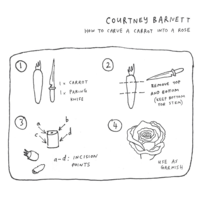
|
Courtney Barnett
|
Australia's answer to Beck, Courtney Barnett has been making waves in Australia since the release of her first EP back in 2011, recognised for her creative, casual lyricism and very deadpan singing style. Barnett is the voice of a generation displaced in society, scared, apathetic, and anxious about the future and our place in the grand scheme of today's society, and with her unique rambling approach to lyrical delivery, we have "Avant Gardener", a song as amusing as it is relatable. Barnett discusses the mundanity of day to day life and anxieties springing from the desire to change things up but being uncertain and apprehensive about change, all against a backdrop of a casual day of gardening gone horribly wrong.
|

|
| Avant Gardener
|
| How to Carve a Carrot Into a Rose
|
 Australia Australia
|
"Relatable" is exactly the right word for this gem. Expanding on what Dippy said, Barnett begins feeling good as a result of her new hobby. The gardening is therapeutic...at least until she has an asthma attack and the neighbors call an ambulance. Wackiness ensues, and we get a deeper feeling for the self-deprecating nature of Barnett's persona, as she uses breathing difficulties to metaphorically explain her difficulties adjusting to change. The story is entertaining and cohesive, with crackerjack lyrics ranging from a reference to Pulp Fiction, to ingenious phrases like "I'd rather die than owe the hospital 'til I get old". The song also was appropriately placed in BoJack Horseman's second season finale.
|

|
| Alternative rock
|
| 2013
|
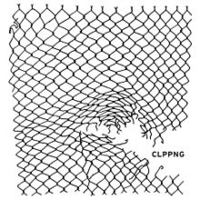
|
clipping.
|
clipping. make their second appearance on our list, very deservedly in the top 10. I've already explained why I love Daveed Diggs's ability to entwine observations into very vivid imagery, but there are few songs in the group's catalog that do so as well as "Inside Out". The song explains the casual standardization of violence in the streets by listing average details of every day life, how they quickly get turned upside down (or "inside out") by unwarranted bloodshed, and how we all continue about our business as though there is nothing that could have been done about it. It's a highly troubling issue that gets tackled with an acerbic brand of humour in this song, emphasized gloriously by the amusing, cyclic music video that...you really just need to watch to be able to appreciate, because my words will fall flat of its brilliance.
|

|
| Inside Out
|
| CLPPNG
|
 United States United States
|
What's so uniquely special about CLPPNG is that despite its experimental, intense production and vicious lyrical content, so much of the album is built around catchy hooks and welcoming presentation, and "Inside Out" is the epitome of this. As Stooben mentioned, the song has a message of people being so accepting of violence in poor neighbourhoods, framed around a drug deal gone awry, and the music does a lot to encapsulate this image. A waddling drum and synth pattern carries the verses, reflecting a lackadaisical stroll through the streets, before shit hits the fan and you're hit with ear-shattering bursts of static in the pre-chorus, almost like a sudden wake-up call to what's really going on without rose-tinted glasses. It's just so expertly produced, and still keeps Diggs' trademarked sense of dry humour, so you can get your head blown off with a smile still resting on your face.
|

|
| Experimental hip hop
|
| 2014
|

|
Sun Kil Moon
|
Ugh, his song hits so hard... Benji was the album that saw Sun Kil Moon reach a large audience, but between songs about Kozelek's insecurities, childhood, and regrets, we're treated with "Pray for Newtown", a song that vents Kozelek's frustrations with America's dismissive approach to gun violence. Kozelek's playing is exasperated and haunting, as he delivers verse after verse detailing where he was when different mass shootings occurred across America (and one in Norway), and his thought process during these tragedies, as he points out that people are so complacent of mass shootings that they just quickly forget about the lives lost. Impressively enough, Kozelek doesn't make any direct statements on gun control in this song, instead questioning what's happened to our empathy and concern for human life, how we sensationalise domestic terrorism and treat the killers as celebrities in their own right. Very thought-provoking song.
|

|
| Pray for Newtown
|
| Benji
|
 United States United States
|
"Pray for Newtown" is a very difficult piece to listen to without being impacted, but that is exactly its purpose: to remind you of these tragedies, and the lives that were lost or forever changed. Written in response to a letter he received from a fan living in Newtown, Connecticut, Mark Kozelek reflects on his memories of five different mass shootings, how others around him reacted to the events, and at which points in our lives we should be remembering their lives — during the moments the victims will never get to experience [again]. Kozelek's sorrowful croon over his detuned guitar is an effective way for the listener to focus on the point. A little over halfway through the song, soft drumming, Portuguese guitars, and a xylophone enter the mix, but avoid detracting from the song's point; instead, they provide a sad, if mildly consoling, feeling to this overall painful dirge.
|

|
| Political folk, indie folk
|
| 2014
|

|
David Bowie
|
The loss of David Bowie in January is something I feel has unexpectedly set the tone for a year full of loss. His final album, Blackstar, was created as a parting gift to his fans, playing out like a series of diary entries where Bowie bears his soul while coming to terms with his own impending death. "Lazarus" deals with the concept of mortality, as Bowie sings of the highs and lows of his life, as well as his own eventual death that no one in the public knew was coming. Composed with subdued guitar lines, a hounding bass, and mournful saxophone, the vaguely-jazzy song is truly funereal in atmosphere. Its accompanying music video will haunt fans for years to come, showing Bowie in a fearful state, confined to a hospital room that he never escapes from, but rather simply ceases to exist within. To me, "Lazarus" is somewhat comparable to Johnny Cash's rendition of "Hurt". Both are pieces of music history that I will never forget.
|

|
| Lazarus
|
| Blackstar
|
 United Kingdom United Kingdom
|
The comparison to "Hurt" is more apt than Stooben realises, given they were both seasoned, renowned artists pulling influence from younger talent, which I think must be an incredible complement for said talent, to know they were responsible for these artist's swan songs. Bowie took inspiration from Kendrick Lamar and Death Grips in the making of Blackstar, and this influence can be heard in the somber, uncomfortable jazz trappings of "Lazarus". While named for the Biblical figure Lazarus of Bethany, Bowie eschews any hope of a higher force saving him, his fragile, desperate croon expressing his resignation to his untimely fate; he knows his rock and roll life is gone, he knows his secrets will soon be out, and he knows there's nothing he can do about it. This song is one of the most anguished pieces I've ever heard, off an album that has approached death with a far more uncomfortable intimacy than any other record in history to date. Rest in peace, you wonderful blackstar.
|

|
| Experimental rock, jazz-rock
|
| 2016
|

|
Frank Ocean
|
We covered the 8-minute pop epic from Justin Timberlake earlier in the list, but if you want an even more adventurous anthem for this generation, we have the truly sublime performance from Frank Ocean on the middle track of Channel Orange, "Pyramids". At almost 10 minutes in length, Ocean's glorious voice presents a narrative of lust and conquest over the black woman, how they've gone from a status of goddess-like idolisation throughout history to being seen as nothing more than sex objects, as mere props for a man's personal gain and pleasure. This is all poetically framed against a backdrop of both Ancient Egyptian politics and modern street life, in particular the relation between a pimp and his prostitute. And that vocal harmony at about the 5 minute mark, hnnnnggggh!
|

|
| Pyramids
|
| Channel Orange
|
 United States United States
|
Where in the world is Frank Ocean? "Pyramids" is one of the greatest songs I have ever heard, full stop, but I want more! I know I'm a sucker for songs with a progressive flair, but this song is really something else. It's divided up into two acts that flow into each other like no other epic in this decade — the first part being a historical account of Cleopatra, and the second being a contemporary tale to introduce an alarming contrast between then and now. The song is swarming with flurries of intricate synth lines, ranging from tinny to voluptuous, all fitting seamlessly into the wondrous mix, fleshed out with misty soundscapes, a spry beat, spanking bass, bluesy guitar arrangements (including a solo played by John Mayer), and most rapturous of all, Frank Ocean's passionate, crackling vocals. Despite its length, "Pyramids" never overstays its welcome — in fact, you may just end up hitting "repeat"...more than once.
|

|
| Neo-soul, alternative R&B, progressive pop
|
| 2012
|
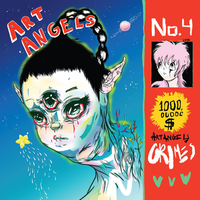
|
Grimes
|
One of our beloved Walkazo (talk)'s all-time favourite tracks, legendary producer Grimes saw herself move past the sonically fascinating but rhythmically flat dream pop she was known for to create an album full of intelligent pop songs that were as exciting as they were thought-provoking, further pushing the boundaries between art and pop in a way unlike any others in the art-pop game. Interpreted as either a lament for the abusive, selfish behaviour of a close friend, or a venting of Grimes' frustrations with the hypocritical indie community that lambasted her every attempt to make a catchy melody, Grimes delivers an intense vocal performance over one of the most energetic, bouncy, and yet detailed and creative instrumentation you'll hear from any pop act working today.
|

|
| Flesh without Blood
|
| Art Angels
|
 Canada Canada
|
Can we just take a minute to step back and appreciate that production? The way Grimes' voice wraps around the mix, the insane span of the percussion, the fades-ins and -outs... How could anyone ever think she needs help producing an album? Fools! All of Art Angels has the same level of detail. And as if that weren't impressive enough, Grimes is a self-taught multi-instrumentalist, she writes her own songs, designs her own album and single art, and she even directed the music video! She's extremely versatile. But that versatility alone is not what got her this high on the list; "Flesh Without Blood" is a piece of sheer pop genius, as artistic as it is catchy. The lyrics are easy to remember without being cliché. It's a dance track that doesn't feel like a cheap listen. It is an enchanting balance of accessibility, creativity, and personality. It is only a matter of time before Grimes is the most sought-after producer in the entire music industry.
|

|
| Art pop
|
| 2015
|
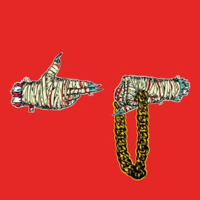
|
Run the Jewels (ft. Boots)
|
Run the Jewels are a hip-hop duo consisting of previous list entrant, Killer Mike, and El-P. Their work together has resulted in some of the absolute greatest rap music this decade has had the fortune of being exposed to. "Early" speaks out against the immense police brutality and misconduct plaguing the streets of cities everywhere, and how such actions have destroyed all too many families. This is a subject that, while mainstream news does bring to our attention, we as citizens are left unsure how to deal with, leaving us feeling sort of trapped in a cycle of violence from authorities we have been raised to believe we can trust. Killer Mike's own father was a even police officer, but he fervently requested his son stay out of the line of work which has become increasingly riddled with irrevocable corruption. The music video perfectly encapsulates the song's message with a visceral animation designed to keep the meaning of "Early" ingrained in its viewers' minds.
|

|
| Early
|
| Run the Jewels 2
|
 United States United States
|
What I love most about Run the Jewels is the chemistry between Killer Mike and El-P and the interplay between their verses, which just makes their choreographed lyricism so much more engaging. In "Early", while Killer Mike raps about the disproportionate police brutality against black Americans for often petty reasons, El-P's verse in the second half illustrates white man's unwillingness to do anything about it... because they're so distracted and entrapped in the game of hopeless capitalism and surveillance, so paranoid of their own success. You start to get the impression that the character in El-P's verse is starting to wake up to what's really going on, finishing in one of the most amazing final lines I've ever heard in a rap song. This incredible lyricism is bolstered by Boots' unforgettable, haunting chorus, which further illustrates the point of feeling trapped and drowned in an uncaring system stacked against the common citizen.
|

|
| Political hip hop, hardcore hip hop, experimental hip hop
|
| 2014
|

|
Janelle Monáe (ft. Big Boi)
|
Putting into words my adoration for Janelle Monáe, and my favorite album of the decade, The ArchAndroid, is no easy feat. SO, it's a good thing I'm here to talk about just one of its songs, instead! "Tightrope" is a snappy, funk-influenced track that is pretty much guarant-t-t-teed to make you move. With a message of maintaining a positive attitude in the face of your haters, while keeping your own ego in check, the song wows the ears with upbeat instrumentation from every source. The drums maintain a perky tap-and-thump throughout the song, the accompanying bass confidently wanders around without detracting from the beat, the guitars are optimistic and varied, the brass is what we call classy, and Janelle Monáe sings with fabulous energy. Big Boi (you remember him, right?) also features in the introduction and third verse of the track, keeping it real the whole time. The music video, although unfortunately censoring a couple words, is a brilliant performance, too — so many smooth dance moves!
|

|
| Tightrope
|
| The ArchAndroid
|
 United States United States
|
Janelle Monáe is the robot bae, brought here from the future to keep music funky fresh and exciting even through this tumultuous time in the world. Like most of Monáe's work, this song fits into a narrative of a futuristic metropolis that's controlled by an oppressive government opposed by a musical rebel android named Cyndi Mayweather (Janelle's character), but "Tightrope"'s message of keeping your chin up even when you're so vehemently kicked down, resonates with the real world too. This song is just so electric and full of magnetic charm, it's so hard not to be drawn into Monáe's absolutely stunning performance and absolutely bonkers approach to song composition, as she straddles the lines between every genre you can think of while still ensuring they all actually work towards something greater (unlike other pop chameleons like Twenty One Pilots). If you can't dance to this song, you can't fucking dance to anything, and that's the short and long of it.
|

|
| Art pop, alternative R&B, neo-soul
|
| 2010
|
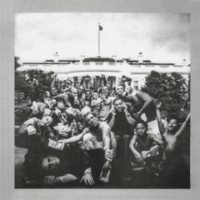
|
Kendrick Lamar (ft. Assassin)
|
I'm just going to out and say it; Kendrick Lamar is the best rapper of this decade, hands down. Lamar saw his ever-growing skillset reach a pinnacle on last year's To Pimp a Butterfly, a hip hop epic analysing every facet of modern black American culture and the unique struggles his community have faced in so-called "post-racial" America. There's really no one track you can't point to here and say "this isn't that good," but "The Blacker the Berry" just... goddamn. One of the most balanced and insightful takes on violence on black Americans, Lamar's voice is full of force and assertion, as he details the feelings and frustrations many black Americans feel with the disproportionate level of violence and police brutality aimed towards them, lamenting white America's total lack of regard for their plight, even going as far as to ask "You hate me, don't you?!" But while so much passion and exhaustion comes through in Lamar's intense lyrics, the very last few lines provide an unbelievable subversion to the entire song, easily the most unexpected twist I've ever heard in a song since Common's I Used to Love H.E.R. over 20 years before.
|

|
| The Blacker the Berry
|
| To Pimp a Butterfly
|
 United States United States
|
That twist at the end is definitely astonishing, and helps cement "The Blacker the Berry" as the most cerebral song released since 2010. It looks like it's up to me to avoid spoiling exactly why it's so potent, though, so I will elaborate on some of the song's other qualities. As with the vast majority of Lamar's material, he writes his ferocious words from his own personal experiences. His anguish, outrage, and confusion are all very real — Lamar never pretends to be someone he is not. It is through this transparency that so many of his listeners are able to become connected or moved. Lamar keeps his expressions at the forefront of this song, relying on a pretty traditional boom bap beat to carry his waves of intense frustration. Between each mind-blowing verse, Jamaican dancehall deejay, Assassin, comes in with a hook to remind us of the black population's history and their struggles to pull ahead of their centuries-long oppressors. The song's final minute consists of a flickering jazz melody, instituted as a way to reduce the song's overarching tension. To Pimp a Butterfly is landmark in even more ways than just this one amazing piece can define, but "The Blacker the Berry" is, simply put, the single most candid song on that entire album, and on this entire list. It deserves this number one spot above all others — it deserves your attention above all others.
|

|
| Conscious hip hop, hardcore hip hop
|
| 2015
|
|


